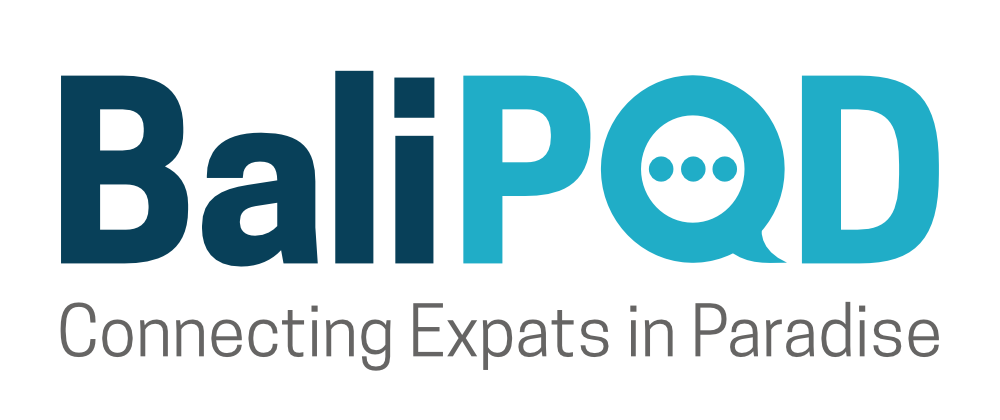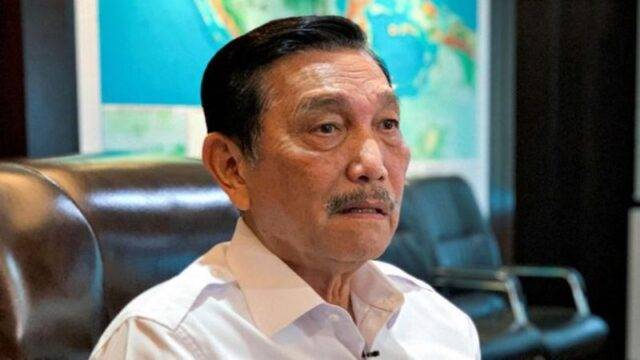The Chairman of the National Economic Council, Luhut Binsar Pandjaitan, said that President Prabowo’s administration is likely to delay the increase in the Value-Added Tax (VAT) rate to 12% next year.
According to Luhut, instead of implementing the VAT hike, the government plans to provide stimulus or incentives to the public, particularly the middle class. However, this assistance will come in the form of electricity subsidies rather than direct cash aid.
“VAT at 12% is almost certain to be postponed. We are prioritizing the electricity subsidy program since tax revenues are currently performing well, reaching hundreds of trillions, which can be utilized for these subsidies,” said Luhut in South Jakarta, as reported by CNBC Indonesia on Thursday, November 28, 2024.
These subsidies will be funded through the State Budget and the distribution plans are currently being finalized, Tempo.co reported.
Calls for Lower VAT Rates in Indonesia
Meanwhile, former governor of Bank Indonesia, Burhanuddin Abdullah has advised President Prabowo to avoid increasing the VAT rate. Instead, he proposed reducing it to 10% or keeping it at 11% to provide relief to the public.
“I suggested to President Prabowo that the VAT rate should not be raised. Keeping it at 11% or even lowering it to 10% would help ease the burden on the public. In one or two years, we can reevaluate,” said Burhanuddin, quoting Media Indonesia.
He added that delaying the hike is important, especially as discussions about granting tax amnesty to wealthy individuals have sparked concerns about fairness.
Public Resistance and Business Concerns
Public resistance to the 12% VAT hike continues to grow, with concerns that it could further weaken purchasing power.
Shinta Widjaja Kamdani, Chairwoman of the Indonesian Employers’ Association (Apindo), emphasized that the timing of the proposed VAT increase is problematic.
“Implementing a VAT hike during these challenging times risks suppressing domestic consumption,” Shinta stated. She is scheduled to meet with Finance Minister Sri Mulyani on November 28, 2024, to discuss the matter further.
“I believe the government is open to feedback and understands the challenges we face,” Shinta remarked at a press conference on November 27, 2024.
Postponement Backed by Law and Parliament
Although the VAT increase to 12% is outlined in Law No. 7/2021 on Harmonization of Tax Regulations (UU HPP), the law allows adjustments between 5% and 15%. Any changes, however, must be approved by the House of Representatives (DPR).
Key lawmakers, especially from Commission XI, have expressed their willingness to postpone the hike. However, formal discussions between the government and Parliament have not yet taken place.
Thorough Policy Review
National Economic Council spokesperson Jodi Mahardi said the government is carefully reviewing the VAT increase, considering economic challenges both locally and globally.
“Indonesia, like the rest of the world, is facing risks such as China’s economic slowdown, declining purchasing power among the middle class, and the impact of Donald Trump’s re-election as U.S. President,” Jodi stated, quoting Tempo.co.
He added that the government is focused on promoting inclusive and sustainable growth. “We are evaluating all economic policies, including VAT, to ensure they align with current national and global conditions,” he said.
By delaying the VAT increase, the government hopes to balance economic stability with the public’s financial well-being.
Sources: CNBC Indonesia, Media Indonesia, Tempo.co
Special Image: Tempo.co
The post Luhut Hints at Possible VAT Hike Delay, Government Prioritizes Subsidies appeared first on Invest Indonesia.




